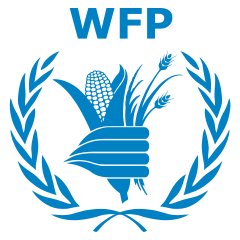NAIROBI, (Xinhua) — The World Food Program (WFP) on Friday voiced concern over the food security and nutrition situation in Eastern Africa which it said “continues to be alarming.”
The WFP estimated that as of October, about 63.5 million people faced food insecurity in Eastern Africa, recording a slight increase from last quarter.
According to the WFP, as the conflict intensifies, more than three million people have fled Sudan over the past 18 months, seeking refuge in neighboring countries, while almost 11 million people are internally displaced.
In addition, the heavy seasonal rains from June to September caused flooding that impacted more than 2 million people across the region.
“Those affected include 1.4 million in South Sudan, 681,248 in Sudan, 120,000 in Ethiopia, and 286,762 in Uganda. With the seasonal rains having ended in the north of the region, floodwaters have receded or expected to recede in some areas but will persist in parts of South Sudan,” the United Nations agency said.
It said the floods also disrupted agricultural crop production in localized areas of South Sudan, which impacted the delivery of humanitarian assistance and is expected to worsen food insecurity due to insufficient food supplies after the harvest.
The WFP warned the number of people in the most food-insecure state in Somalia is projected to rise to 4.4 million, or 23 percent of the population.
According to the UN agency, food prices showed mixed trends across the Eastern Africa region, with an average inflation rate of 16.7 percent by September.
It said South Sudan recorded the highest food inflation of 96.4 percent followed by Burundi and Ethiopia at 19.7 and 19.6 percent respectively.
The high food inflation across the region is attributed to several factors, including the spillover effects of the ongoing conflict in Sudan, which has impacted the business environment in South Sudan, and high production and transportation costs driving up food prices in Burundi.
Source: Xinhua


Leave a Reply